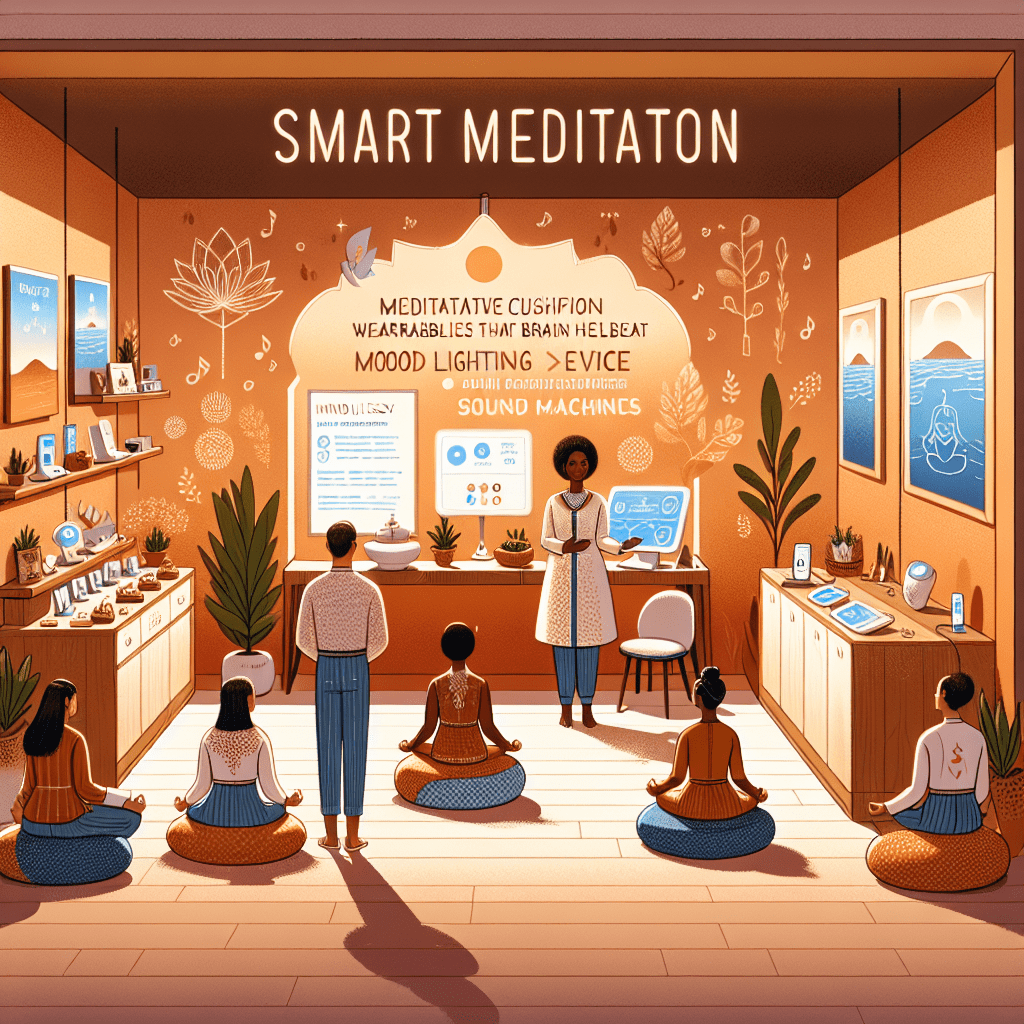
Prioritize your mental well-being daily. Enhance your life by nurturing your mental health with the Smart Meditation app. Break free from stress, alleviate anxiety, and enhance your sleep quality starting today.
Is There A Link Between Ocd And Anxiety?
Unraveling the Complex Web Between OCD and Anxiety
In the swirling vortex of mental health conditions, it’s quite common to find overlapping symptoms that make diagnosis and understanding a real head-scratcher. Two conditions that often intertwine in a complex dance are Obsessive-Compulsive Disorder (OCD) and anxiety. At first glance, they might seem as closely related as two peas in a pod, but there’s more to their relationship than meets the eye. Let’s dive deep into the intricate connection between OCD and anxiety, shining a light on how these mental health challenges interlink and impact lives.
The Inextricable Bond Between OCD and Anxiety
Anxiety: The Fuel to the OCD Fire?
For starters, understanding the nuts and bolts of each condition is key. OCD is a mental health disorder characterized by a cycle of obsessions (intrusive, unwanted thoughts, images, or urges) and compulsions (repetitive behaviors or mental acts that a person feels compelled to perform in response to an obsession). Anxiety, on the other hand, is a broad term that encompasses various states of excessive nervousness, fear, apprehension, and worry.
So, how do these two jive? Well, here’s the scoop: anxiety is often the driving force behind the obsessions and compulsions that folks with OCD experience. Imagine your brain is like a never-ending conveyor belt of thoughts. Now, throw in a heaping dose of anxiety, and suddenly, that conveyor belt is moving at warp speed, bombarding you with distressing thoughts. For someone with OCD, these aren’t just any thoughts; they’re obsessions that feel like they need immediate addressing, hence the compulsive behaviors.
A Two-Way Street?
Digging deeper, recent studies suggest that the relationship between OCD and anxiety is more of a two-way street than previously thought. It’s not just that anxiety leads to OCD, but experiencing the relentless cycle of obsessions and compulsions can significantly crank up a person’s anxiety levels. It’s akin to being stuck in a feedback loop where anxiety feeds the OCD, which in turn, throws more coal into the furnace of anxiety.
Navigating the Maze: Treatment and Management
Breaking free from the clutches of OCD and anxiety is no walk in the park, but it’s far from impossible. A beacon of hope for many has been the advent of targeted treatment options that address both conditions. Here are a couple of lifeboats people often find effective:
- Cognitive Behavioral Therapy (CBT): The gold standard for treating both OCD and anxiety, CBT involves identifying and challenging negative thought patterns and behaviors. It’s like having a mental toolbox that helps you dismantle the OCD and anxiety machinery piece by piece.
- Medication: SSRIs (selective serotonin reuptake inhibitors) have been shown to take the edge off by balancing out the brain’s chemistry. Think of it as leveling the playing field so that you have a fighting chance against the obsessions and compulsions.
Aside from these, adopting a healthy lifestyle (yes, regular exercise, a balanced diet, and enough sleep really do make a difference), mindfulness practices, and support groups can be incredibly useful. It’s all about finding the right combination of tools that work for you.
The Road Ahead
While the journey through OCD and anxiety can be fraught with hurdles, understanding the complex relationship between these two conditions is the first step toward reclaiming control. By recognizing the intertwined nature of OCD and anxiety, individuals can better articulate their experiences and seek out the most effective forms of treatment.
Remember, if you’re trudging through the muck of OCD and anxiety, you’re not alone. With the right support and resources, navigating this challenging path can lead to a place of greater understanding, management, and, ultimately, peace of mind. Keep pushing forward, because the road ahead is filled with potential for healing and growth.





